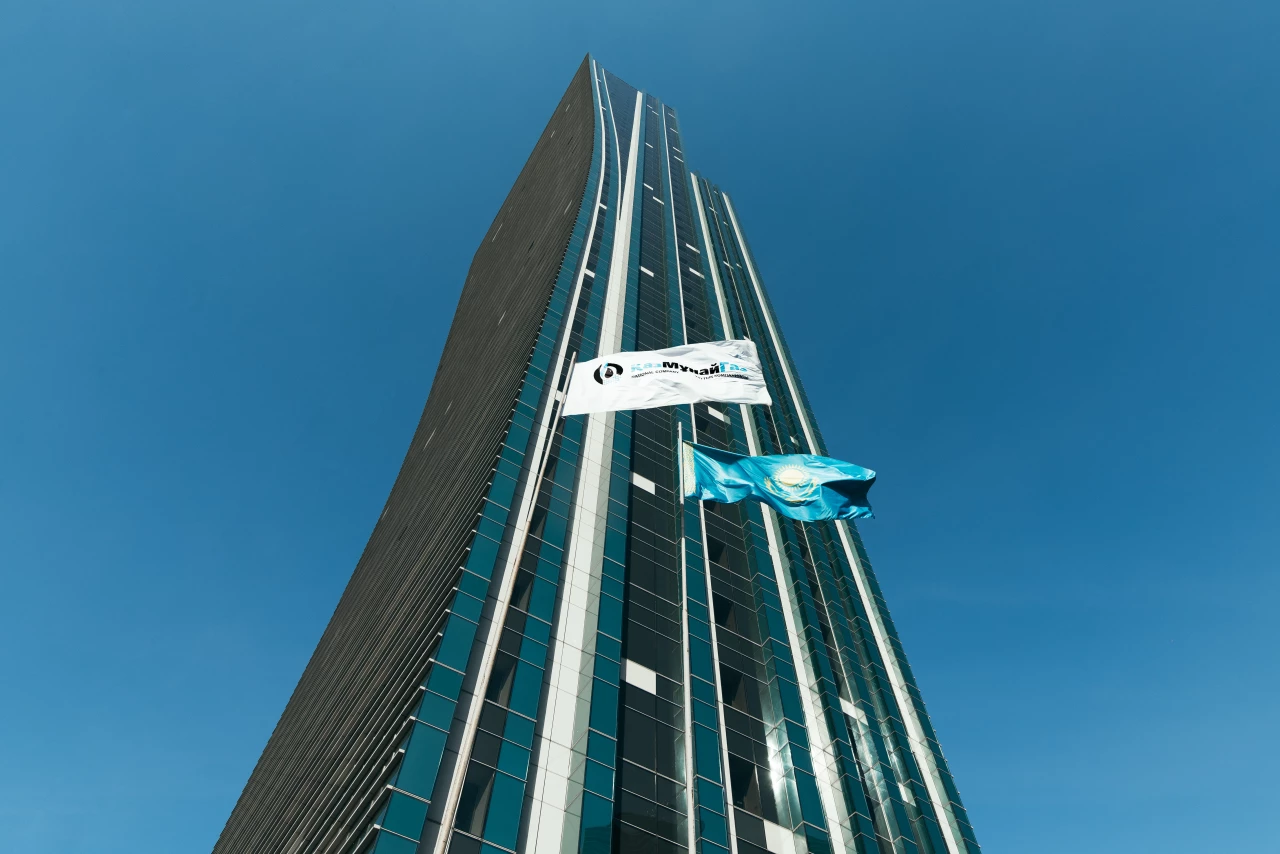On the rules and principles of KMG’s procurement and tenders
25.04.2023
Procurement of goods, works and services by KMG and its subsidiary and affiliate entities (SAEs) is governed by the Procedure for Procurement of Samruk-Kazyna JSC (the Fund), adopted as provided in RoK's Law No. 47-VII “On Procurement of Individual Quasi-public Entities”.
Procurement is based on the principles of value for money, openness and transparency of the procurement process, fair competition, and prevention of corruption. In the selection of contractual partners, the company is guided by the following combination of factors: the best price, quality and conditions, business reputation of the contractual partner. Contractors are required to comply with the law, treat employees fairly, ensure safe working conditions, and protect the environment. These conditions are included by default in the terms of contracts concluded by KMG with its contractual partners.
SAEs carry out procurement independently in a decentralized mode through the "Electronic Procurement Information System" (EPIS). Free access to information on procurement is provided to all interested parties; Samruk-Kazyna Contract LLP being the operator of the system. EPIS has automated and standardized procurement cycle procedures, made the process transparent, and minimized the impact of the human factor. At the same time, EPIS has an effective internal control system, including appeals against the results of procurement.
Indicatively, potential suppliers sent 1,597 appeals to the Fund (the authorized body for procurement control), related to contesting the procurement procedures of KMG’s entities, of which 1,509 appeals were not confirmed (95%). It should be noted that during the consideration of a complaint, the procurement procedures of the customers are blocked and, if a violation is confirmed, the results of the procurement are canceled and reviewed. Such an algorithm guarantees the conclusion of all contracts of KMG’s entities in full compliance with the Fund's Procurement Procedure. Responsible persons (up to the top managers) are subject to disciplinary liability for the committed violations. At the same time, it should be noted that among all the portfolio companies of the Fund, KMG has the smallest share of violations, for which the arguments are confirmed, which indicates the high quality of the procurement process.
The approaches being applied are based on the Public Procurement Model Law (2011), developed and recommended by UNCITRAL (United Nations Commission on International Trade Law). These principles implemented in the KMG system ensure transparency of procurement through e-procurement, equal opportunities for all, including the possibility of contesting the results of tenders, favorable treatment for the domestic small and medium-sized businesses. Accordingly, at the system level, transparency and efficiency are maintained based on the best international standards and practices.
As for the statistics, then the total volume of 2022 procurement for the KMG group amounted to over 1 trillion tenges (excluding long-term contracts).
One of the important aspects of KMG's procurement activities is the reduction in the single-source procurement and increase in the share of competitive purchases. Over the past three years, the share of competitive procurement has increased and amounted to 49% in 2022 (compared to 42% in 2021), which indicates KMG's commitment to ensuring fair competition and sustainable development goals.
Improving procurement activities is one of the top priorities for KMG. Another tool to achieve this is the implementation of a mechanism for conducting a pre-qualification (PQ) of potential suppliers, carried out through questionnaires and audits. Transparency, equal competition and free selection have become the main PQ principles. The PQ Commission of the Fund further approved 24 categories of goods, works and services for procurement by KMG's subsidiaries and affiliates through an open tender – among the potential suppliers that have passed the PQ procedure. Category management (CM) is a process of developing an integrated approach to cost reduction.
The above aspects of the procurement standards, rules, practices and technology make it possible, in accordance with the international experience, to transparently and efficiently conduct tenders in the KMG group, based on maximizing benefits in the long term.

